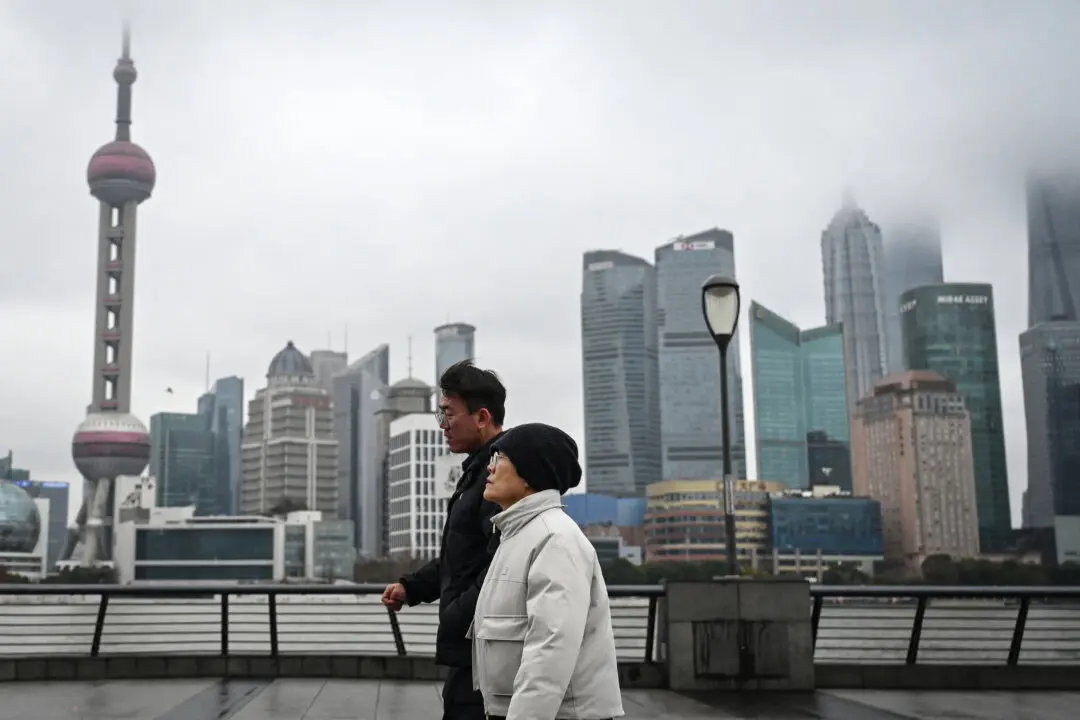Chinese e-commerce giant PDD Holdings, which owns the online shopping platform Temu, has moved its official headquarters to Ireland from China in recent days.
A growing number of Chinese companies are trying to downplay their China ties as aggression from communist China continues to inflame tensions with democratic nations and creates increasing aversion to the Chinese Communist Party (CCP) in global trade.




